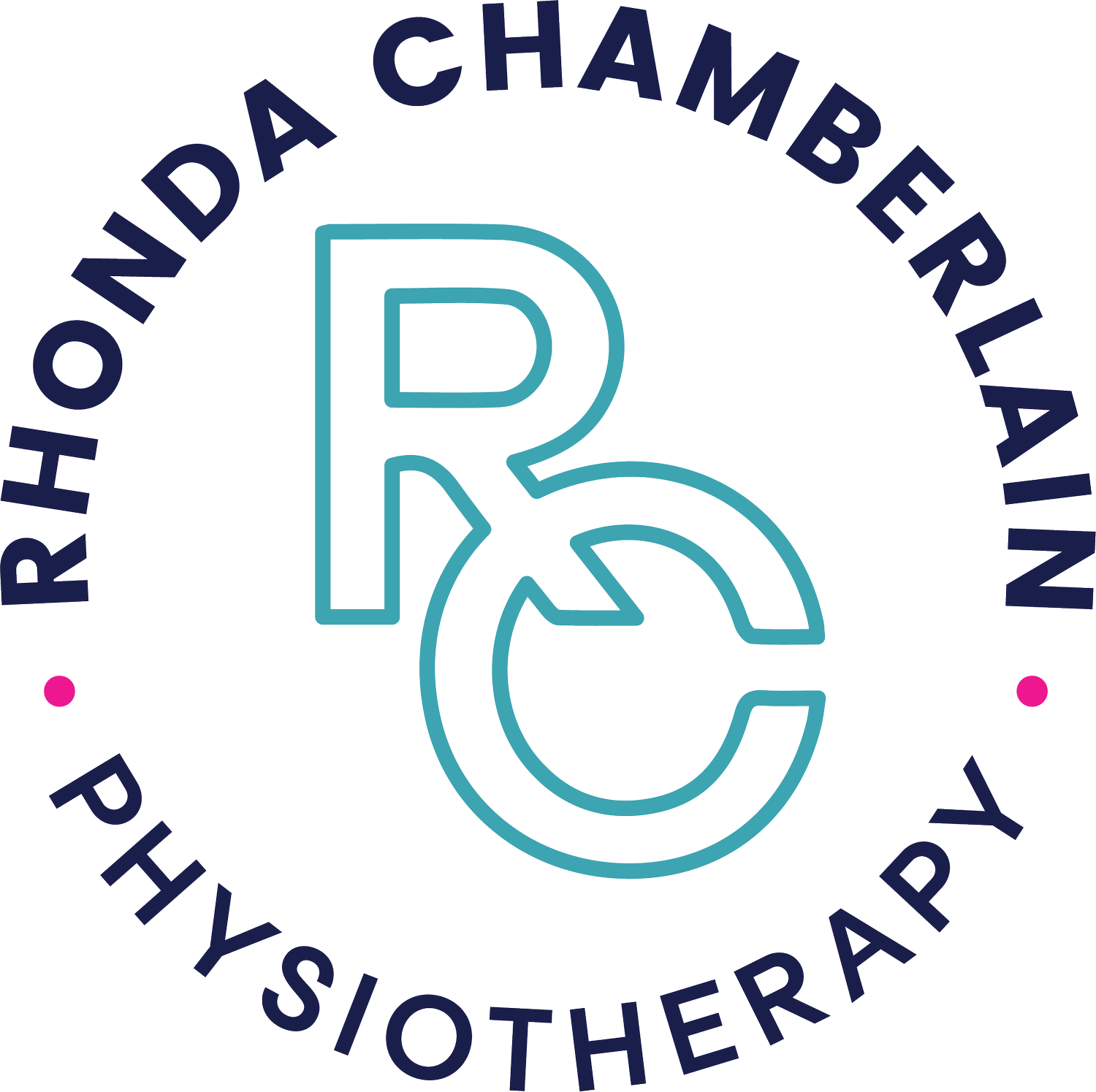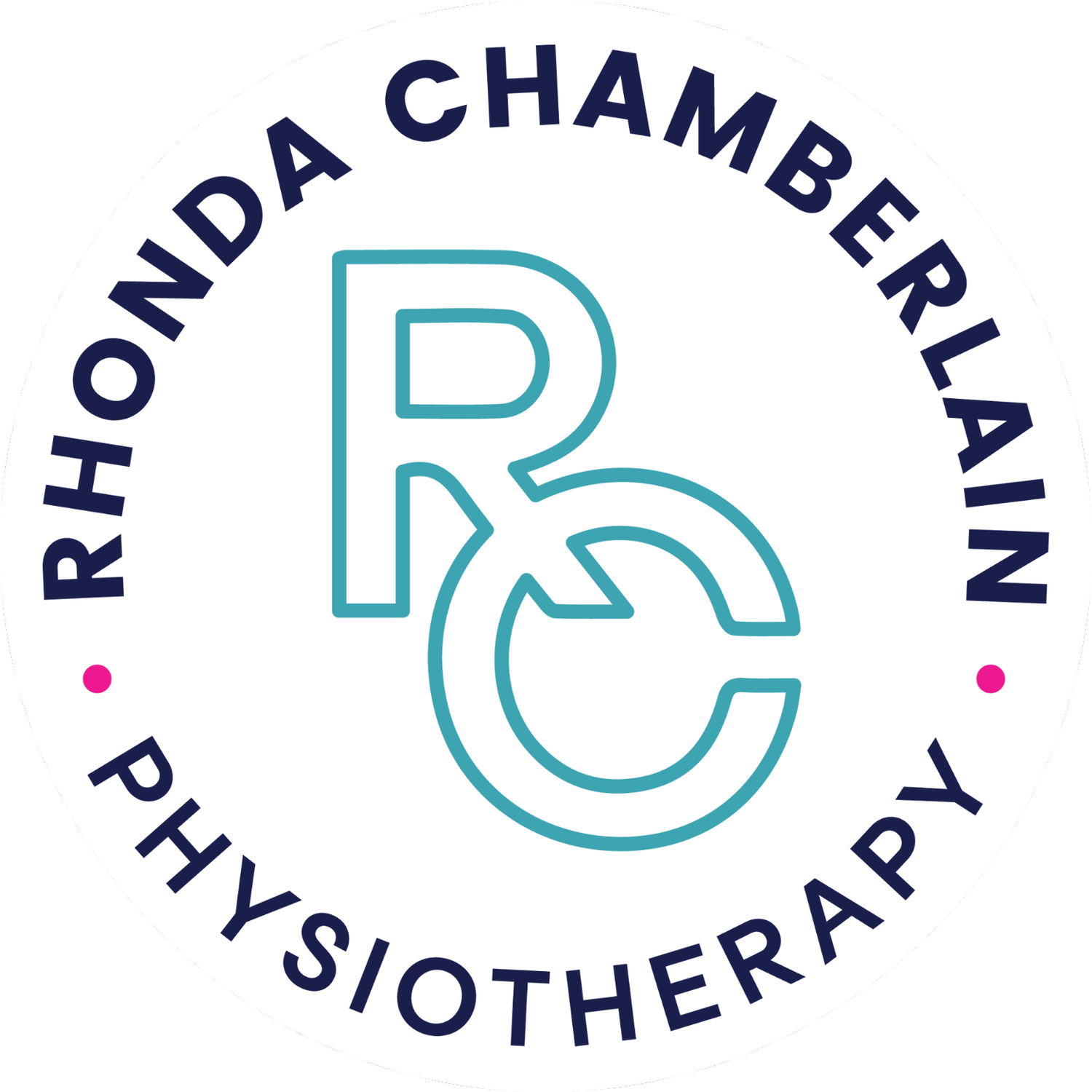Should I do kegels?
Confession: Even as a physiotherapist and postpartum fitness coach - I don't do kegels.
And haven't intentionally worked on kegels since I was about 3-months postpartum.
Does this mean I'm against people doing kegels? Absolutely not. Kegels 100% have their place, but blanket statements that everyone should be doing kegels on the daily is just not true IMO.
(Side note: a kegel is a voluntary contraction of your pelvic floor muscles if you weren't aware 😉)
Check out these podcast episodes to learn more about kegels:
My experience…
Personally when I focused on doing kegels when I was experiencing prolapse symptoms early postpartum, my symptoms of heaviness got worse. This is because I have a tendency to hold tension in my pelvic floor. So by adding kegels to my daily exercise routine, my pelvic floor said "no thanks!"
So now you may be wondering… should I do kegels?
It depends…
If you're someone that's dealing with leaking, heaviness or pelvic pain it's possible that you have too much tone in your pelvic floor. And if that's the case, kegels *may* make your symptoms worse.
What's more...if you don't have any symptoms like the ones I mentioned above, I don't think it's essential that you work on kegels. Why? Because whole body strengthening = pelvic floor strengthening. If you're working on strength training movements like squats, lunges, push-ups and planks, you're 100% contracting and strengthening your pelvic floor. No need to add kegels on top of all that. Who has time for that anyways? Amiright??!
If you ARE symptomatic, the gold-standard to find out if you would benefit from doing kegels would be to have an internal assessment from a pelvic floor physiotherapist. (Click here to find a pelvic floor physiotherapist near you!)
If having an assessment done is not accessible to you, and you've been doing your kegels and your symptoms are worsening (or staying the same)...try learning to relax your pelvic floor and see if that helps you.
Do I give my clients kegels?
When I work with clients in the Strong at Home Membership early postpartum, we focus on core connection breathing in the first 4-6 weeks or so. Beyond that, we want our pelvic floor muscles to get to a point of automaticity - meaning our pelvic floor contracts and relaxes without actually thinking about it.
I mean we don't think "I must contract my quad before every squat", so why would we do that long-term with our pelvic floor? These muscles aren't special, but many of us have been taught our pelvic floor is fragile and needs special attention and care. But what if this leads to worsening symptoms? And what if you're a busy mom and don't have time to do kegels forever? And what if you don't want to do kegels?
I'd say, don't stress about it.
Summary
I'm not saying kegels are bad and to stop doing them, just to have you understand that they're not the cure-all for pelvic floor symptoms. Especially if it comes from a fitness influencer online that has ZERO pelvic floor training. Just sayin'.
And if it helps you feel better...as someone who specializes in pelvic floor and fitness, I don't do them 🤷🏼♀️.
What have you been taught about kegels and fitness?
These convos get me fired up! Comment below to let me know your thoughts!
Want to learn more about kegels, the pelvic floor and how to get back into exercise postpartum?
About the Author
Rhonda Chamberlain (PT) is a mom to 2 girls, physiotherapist and postpartum fitness coach.
She helps busy moms return to exercise with realistic, sustainable fitness plans that they can FINALLY stick with!
She has been practicing as a physiotherapist since 2010. She started her own virtual physiotherapy and fitness coaching business in May 2020 with a focus on postpartum women.
She attained her Pregnancy and Postpartum Athleticism (P&PA) Coach Certificate in March 2020 and she has continued to learn and expand into this specialty since.
Her mission is to help busy moms return to exercise feeling supported and encouraged. She can help you to ditch the all-or-nothing mindset and show you that it is possible to fit exercise into your busy #momlife!



